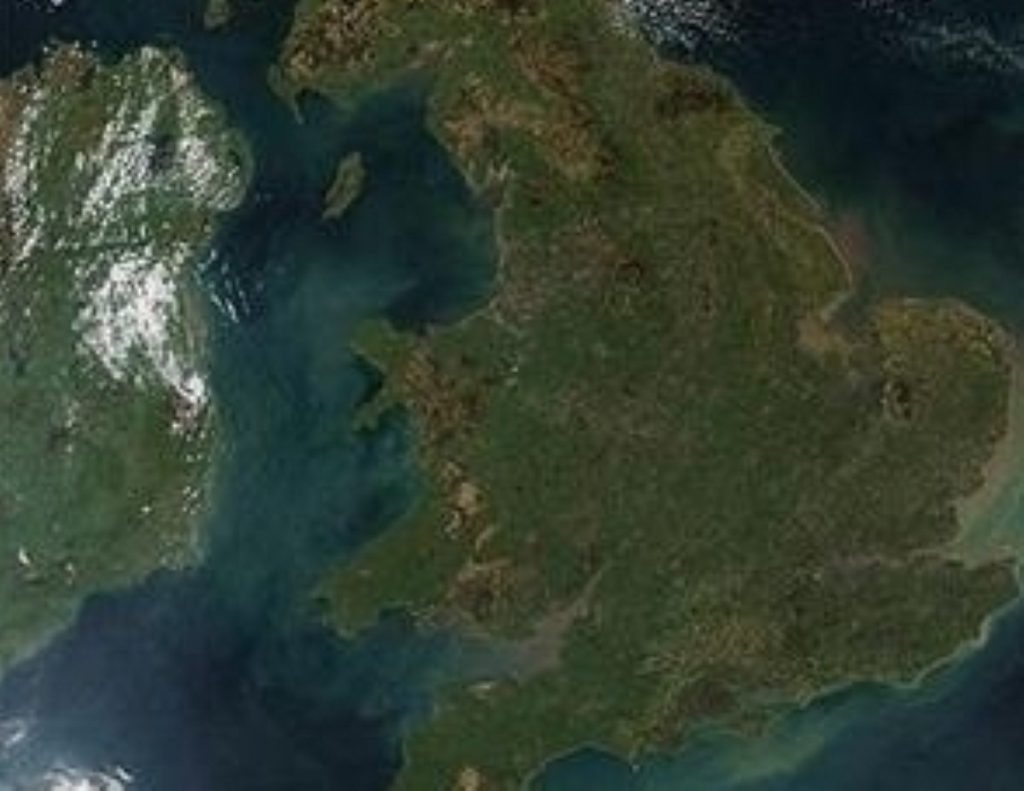Immigration cap comes into force
By Ian Dunt
A cap on the number of non-EU migrants coming to the UK has been imposed, after years of debate.
The cap was first proposed when the Conservatives were in opposition but an interim measure was put in place for the months after the general election.
“We have made clear that as the recovery continues, we need employers to look first to people who are out of work and who are already in this country,” immigration minister Damian Green said.


“We are overhauling all routes of entry to tackle abuses, make the system more effective and bring net migration back down to the tens of thousands.”
Combined with changes to student visas, the government is hoping the cap will neutralise immigration as a political issue, but critics say that David Cameron is working with one hand tied behind his back, given that most immigration comes from within the EU.
Under the new system, employers will only be able to bring 20,700 people from outside the EU to work in skilled professions under Tier Two of the system.
A further 1,000 visas will also be made available to people of “exceptional talent” to ensure that Britain remains open to the brightest and the best.
The 1,000 exceptional talent visas will be given to those whom experts believe will make the biggest contribution to science and the arts in the UK, according to the government.
The caveats are a direct response to those who are concerned that coming down on immigration will damage the UK’s economic performance just as it struggles to emerge from recession.
Among those critics is business secretary Vince Cable, who is known to be very uncomfortable with the plan.
Some experts argue that immigration provides a net profit to the UK economy, and that a country with an aging population cannot afford to discourage young immigrants from its shores.
“The new system was designed in consultation with business,” Mr Green added.
“Entrepreneurs and investors can play a major part in our economic recovery and I want to do everything I can to ensure that Britain remains an attractive destination for them.
“Last year we issued far too few visas to those who wish to set up a business or invest in the UK – I intend to change that.”
Prospective workers will need to have a graduate level job, speak intermediate English and meet specific salary requirements before being able to work in the UK.
Anyone earning over £150,000 will not be subject to the limit.









